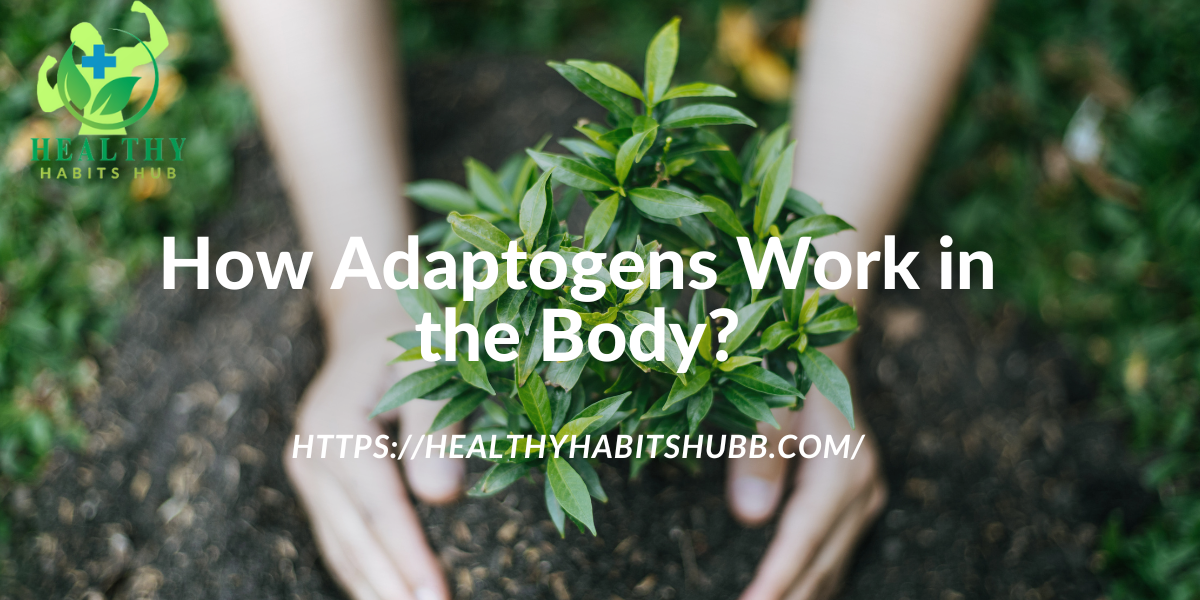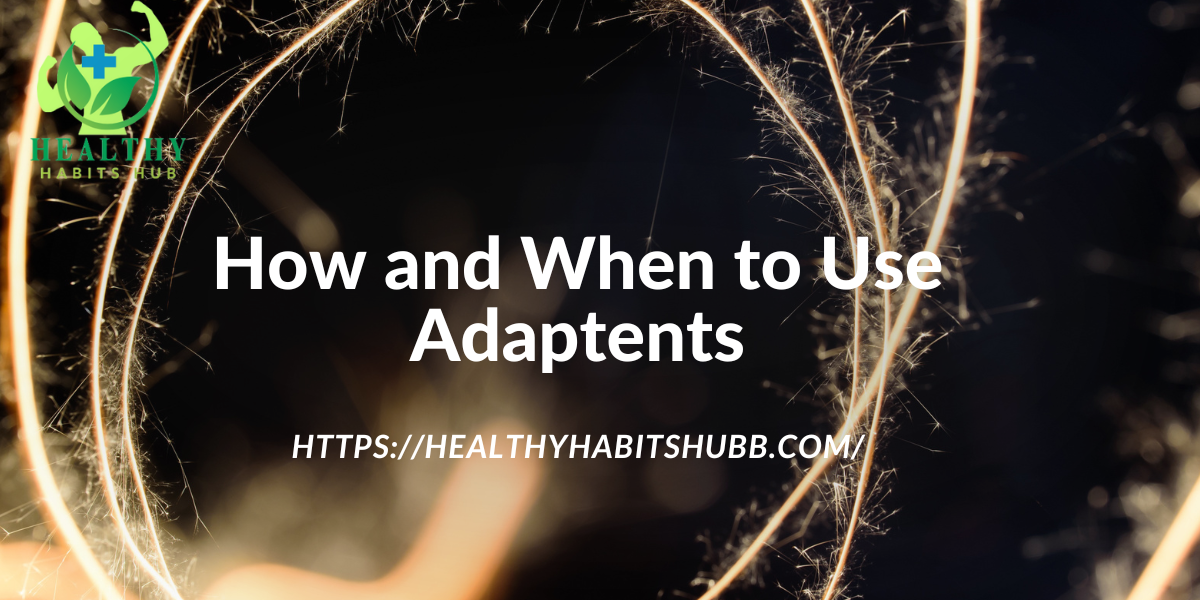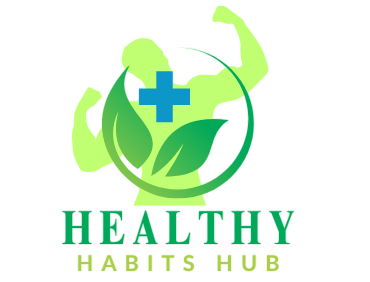What are Adaptogens: How Herbs Like Ashwagandha and Rhodiola Fight Stress and Boost Energy
In our frenetic, fast-paced life, stress and chronic fatigue are the common woes for everyone. Modern medicine has progressed to develop numerous cures, but increasingly now, individuals are embracing ancient, tested natural remedies that allow the body to deal with stress in an overall system. One such category which are gaining popularity in the health revival are Adaptogens.
Adaptogens is a group of natural plant and herbal extracts that are employed to help the body adapt to stress, sustain adrenal glands, and overall balance. Among the most widely sought-after adaptogens are Ashwagandha and Rhodiola Rosea, both famous for their specific benefit and their extensive history of use.
What Are Adaptogens?

Adaptogens are plant substance, typically herbs or mushrooms, which allow the body to adapt to homeostasis—or balance—especially where they’re being subjected to physical, mental, or emotional stress. “Adaptogen” was first so named in recorded history by Russian scientist Dr. Nikolai Lazarev in the 1940s and was defined as an agent that:
- Permits the body to resist stressors of any type.
- Is typically normalizing of body functions.
- Is safe and won’t harm you if you take it for a long time.
In fact, adaptogens don’t treat one symptom. Instead, they increase the whole body stress response system, initiating balance and defense against exhaustion.
How Adaptogens Work in the Body

When you’re under stress, your adrenal glands secrete cortisol—a hormone that triggers the fight-or-flight response. Although cortisol is great for a short period, chronic stress results in continuous cortisol secretion, which can lead to:
- Fatigue
- Anxiety
- Insomnia
- Weight gain
- Brain fog
Adaptogens also balance the release of cortisol and other stress hormones. They “adapt” to what your body requires—turning up the volume or easing your system accordingly. They help your body to recover from stress more quickly and rebound faster in the long term.
Ashwagandha: The Ancient Stress Soother
What Is Ashwagandha
Ashwagandha (Withania somnifera) is an Indian herb known as “Indian Ginseng.” Ashwagandha was used to reduce stress, energy, and concentration over 3,000 years ago.
Key Benefits:
- Reduces Cortisol Level: Ashwagandha, in a clinical trial research, reduced cortisol and stress levels.
- Boosts Energy & Endurance: Relative to stimulants, without the after-crash.
- Improves Quality of Sleep: Tranquilizes the nervous system and thereby offers peaceful, restful sleep.
- Boosts Immunity: Sustains the weakened immune system that prevents the body from becoming weakened as a result of prolonged stages of stress.
- Regulation of Hormones: Especially very effective on thyroid and male reproductive organs.
Administration
Ashwagandha is generally in powder, capsule, or liquid tincture form. In its capacity as a food stress relief supplement, the dosing is typically 300–600 mg standardized extract and is taken once, and again the second time depending on the length of treatment.
Rhodiola Rosea: The Arctic Root for Energy & Endurance

What Is Rhodiola?
Rhodiola Rosea is a mountain, flowering plant which grows in the cold climates of Europe and Asia. Rhodiola Rosea has been employed in Russian and Scandinavian medicine for thousands of years to enhance physical and mental performance.
Most Important Benefits:
- Enhances Mental Focus and Acuteness: Rhodiola is reported to enhance thinking and eliminate mental clouding.
- Enhances Physical Performance: Rhodiola is taken by sportsmen and sportswomen to enhance endurance and recovery.
- Strategies to Counteract Fatigue: Suitable for the person suffering from burnout or chronic fatigue syndrome.
- Manages Mood: Decreases minor to moderate depression and anxiety symptoms.
- Supports Heart Function: Especially when under stress, Rhodiola sustains the heartbeats and blood pressure levels.
Dosage
Optimal at morning or early afternoon lunch time. Typical dosage is typically 200–600 mg daily, standardized to have 3% rosavins and 1% salidroside—the active ingredients.
How and When to Use Adaptents

Best Practices:
- Consistency is Key: Most herbal remedies, including adaptogens, are most effective taken consistently over the course of long periods.
- Gradual Introduction: Take a low dose initially to allow the body to adjust to the sensitivity of the remedy.
- Partner Wisely: Some adaptogens can be paired for co-effects (e.g., stress-fighting Ashwagandha with energy-boosting Rhodiola).
- Breaks: Others recommend cycling—to do some weeks of adaptogens and then take a short holiday.
Who Should Not Take Them?
Although safe in the vast majority of cases, some people need to see a health practitioner before taking adaptogens:
- Pregnant or breastfeeding women
- Blood pressure, thyroid, or psychiatric illness medication patients
- Patients with autoimmune disease
Other Popular Adaptogens to Try
In addition to Ashwagandha and Rhodiola, some other well-known adaptogens are:
- Holy Basil (Tulsi): Great for relaxing and managing blood sugar.
- Eleuthero (Siberian Ginseng): Increases stamina and resistance to
- Schisandra Berry: Increases liver detoxification and clear mental acuity.
- Reishi Mushroom: Increases immunity and restful sleep.
Final Thoughts: Nature’s Solution to Modern Stress

Ashwagandha and Rhodiola are adaptogenic herbs that confer a robust but gentle effect to support the body’s reaction to stress, fatigue, and energy imbalance. As individuals become more interested in using natural healing to promote welfare and health, these ancient botanical medicines are rediscovered for their general benefit.
By introducing adaptogens into your life, you’re not just covering up symptoms—you’re developing sustained resilience, mind and body. If you’re burned out, could use a energy pick-me-up, or simply wish to stay alert and alert, these herbs could be the natural assistance you’ve been looking for.

